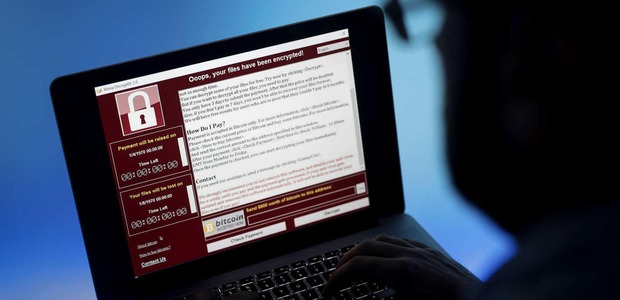advertisement
#AfrSS2017: About 19 companies in Kenya were affected by WannaCry
The Communication Authority of Kenya (CA) through the National Kenya Computer Incident Responce Team (National KE-CIRT) anounced on Friday that…

The Communication Authority of Kenya (CA) through the National Kenya Computer Incident Responce Team (National KE-CIRT) anounced on Friday that about nineteen companies in Kenya had been affected by the global WannaCrytor ransomware attack.
In a statement, the Authority said that it is working with stakeholders to mitigate the effects and urged firms to put preventive measures. However, it is not clear which companies were affected as Industry experts tracking the firms may present a challenge as many businesses are likely to shy away from publicising the attacks.
The WannaCry virus attack has affected over 300,000 users globally in more than 150 countries and is expected to worsen. Through the computer malware, the attackers have been demanding USD 300 ransom to unlock devices payable in the global cryptocurrency known as bitcoin.
advertisement
“Ënsure you keep an up to date backup of your important computer files offline, ensure your computer’s operating system and Anti-Virus is up to date, avoid clicking links or opening attachments or emails from people or sources you don’t know,” CA said the statement.
The number is an increase from the previous five reported on May 13. To stay safe, the Authority advised computer users to observe a number of precautions including ensuring they have an up-to-date back up of their files offline to ensure the information can be easily restored in the event of an attack.
Users of machines, specifically those running on Windows Operating System, should ensure the software is regularly updated and only use up-to-date anti viruses. They should also desist from opening attachments from suspicious sources.
advertisement
‘‘Avoid clicking on links or opening attachments or emails from people or sources you don’t know or companies you don’t do business with,’’ warned CA.
For emails containing links or attachments, CA advised that users are particularly warned to watch out for sources that instruct them to enable macros to view content, in which case, if in doubt, they should delete the email immediately.